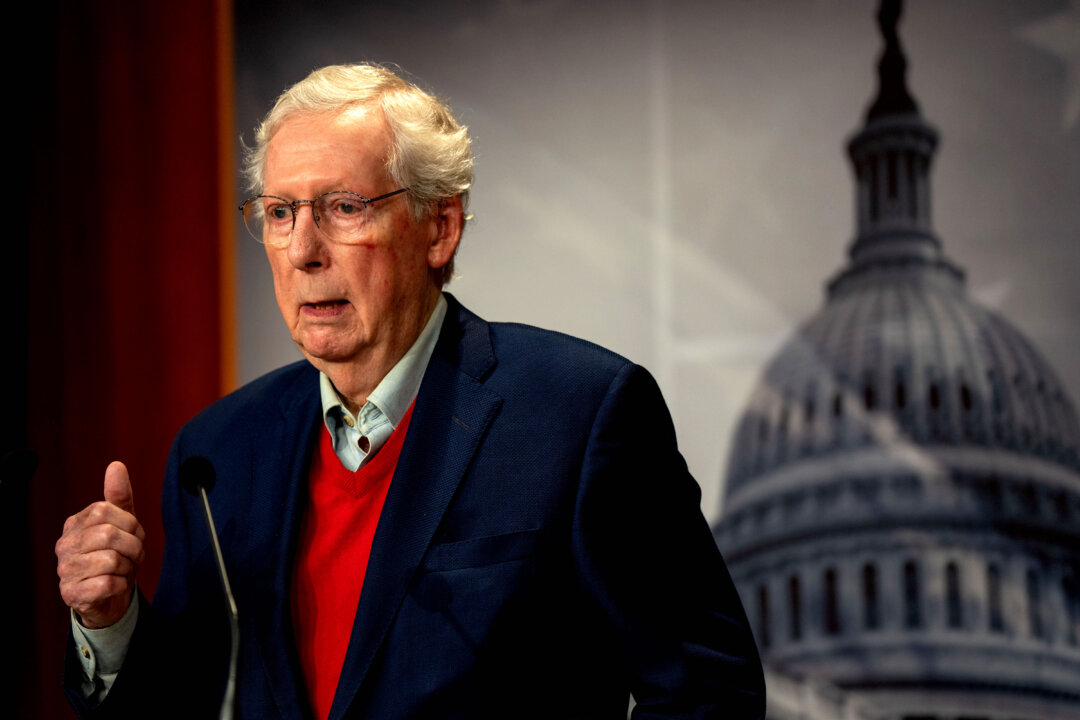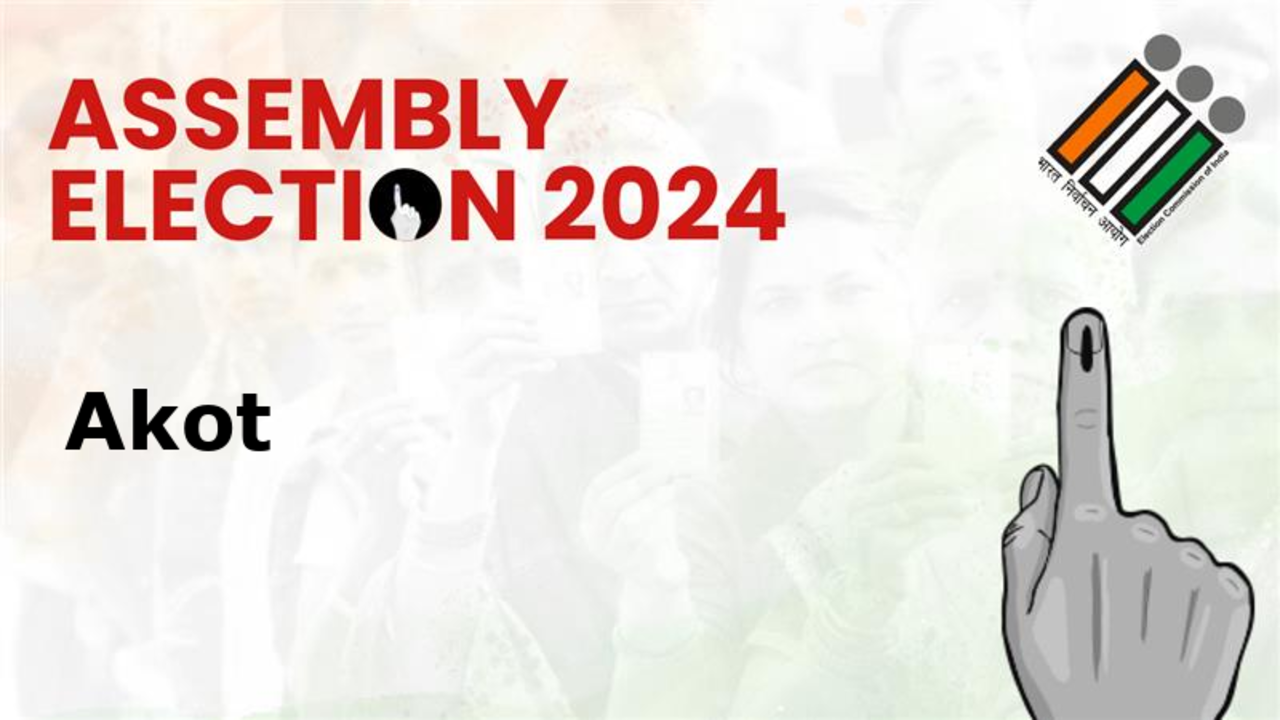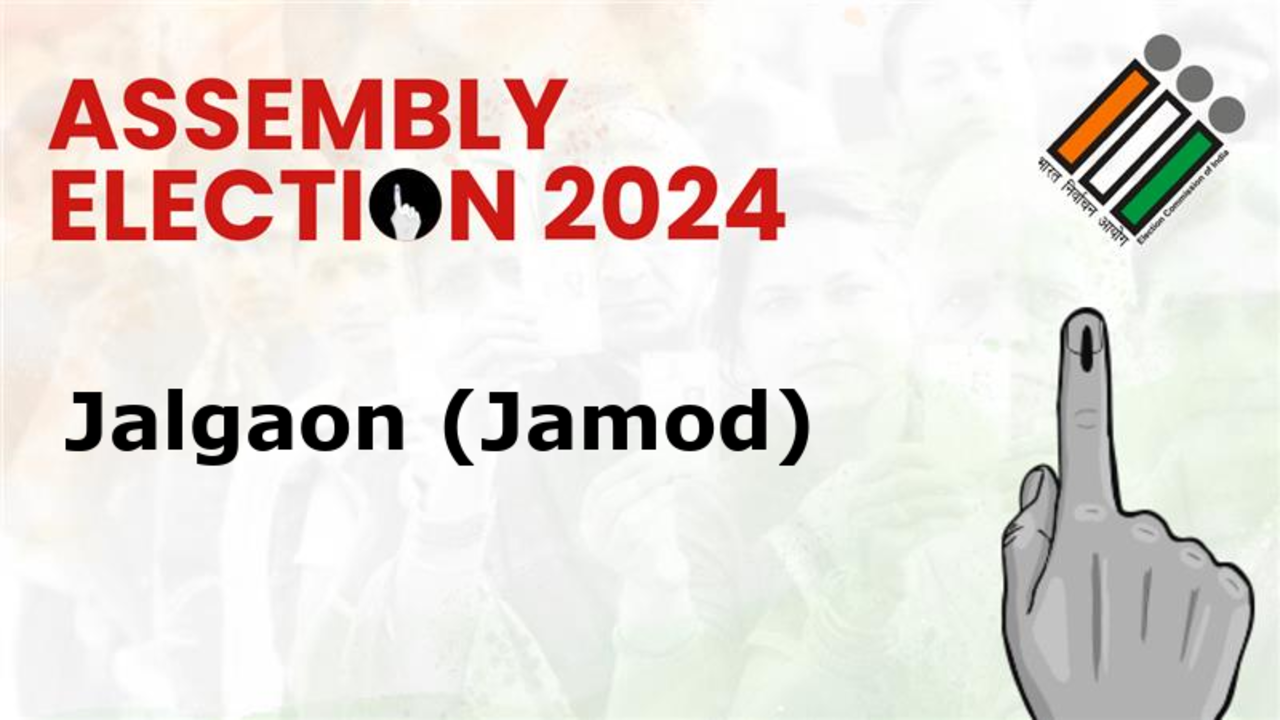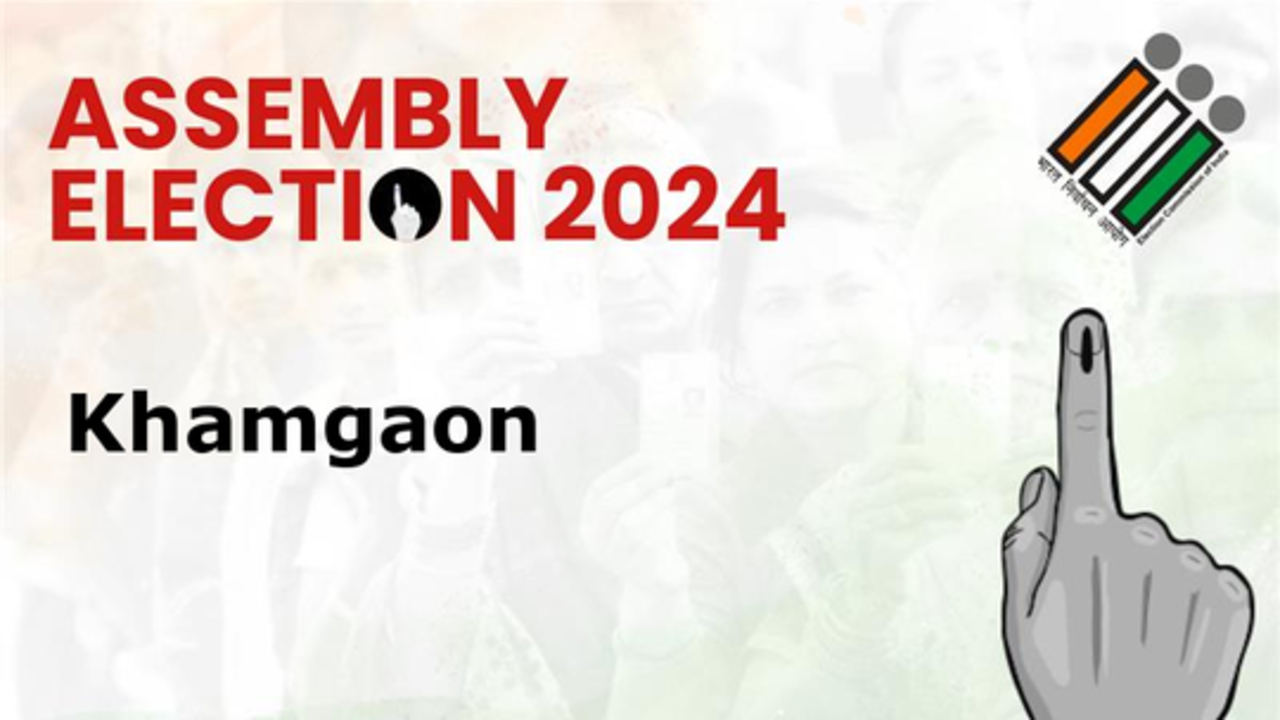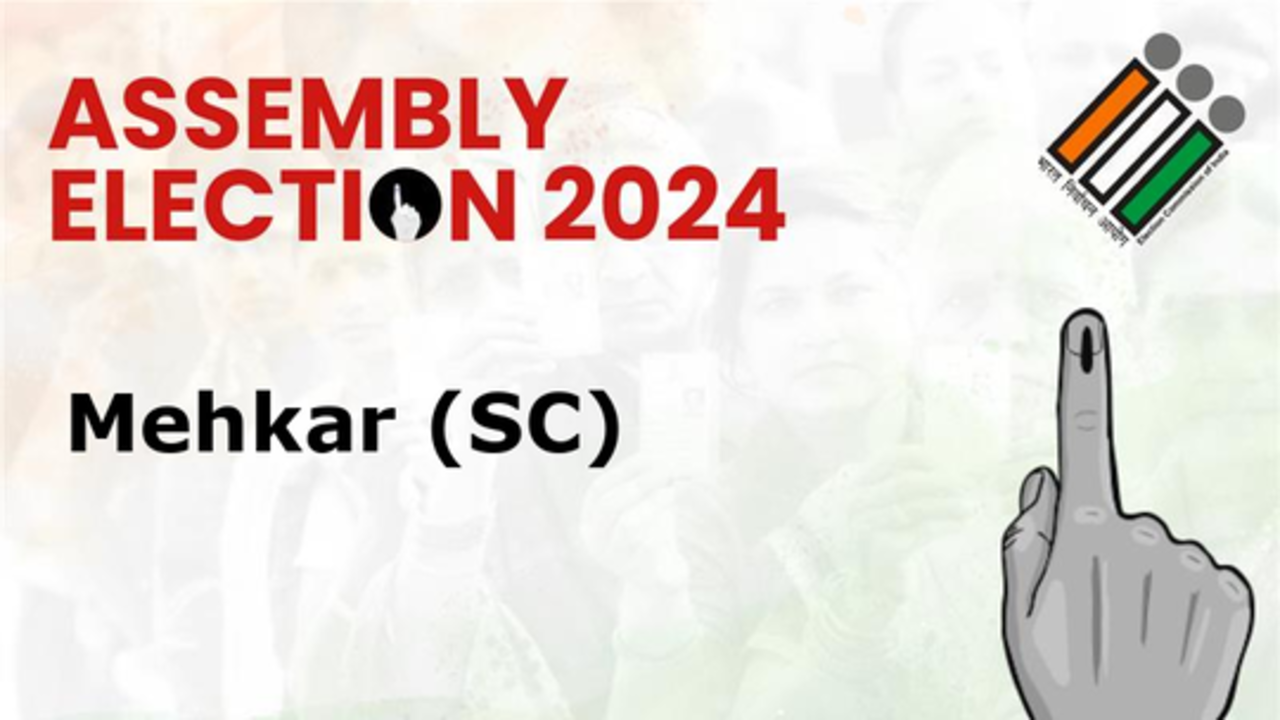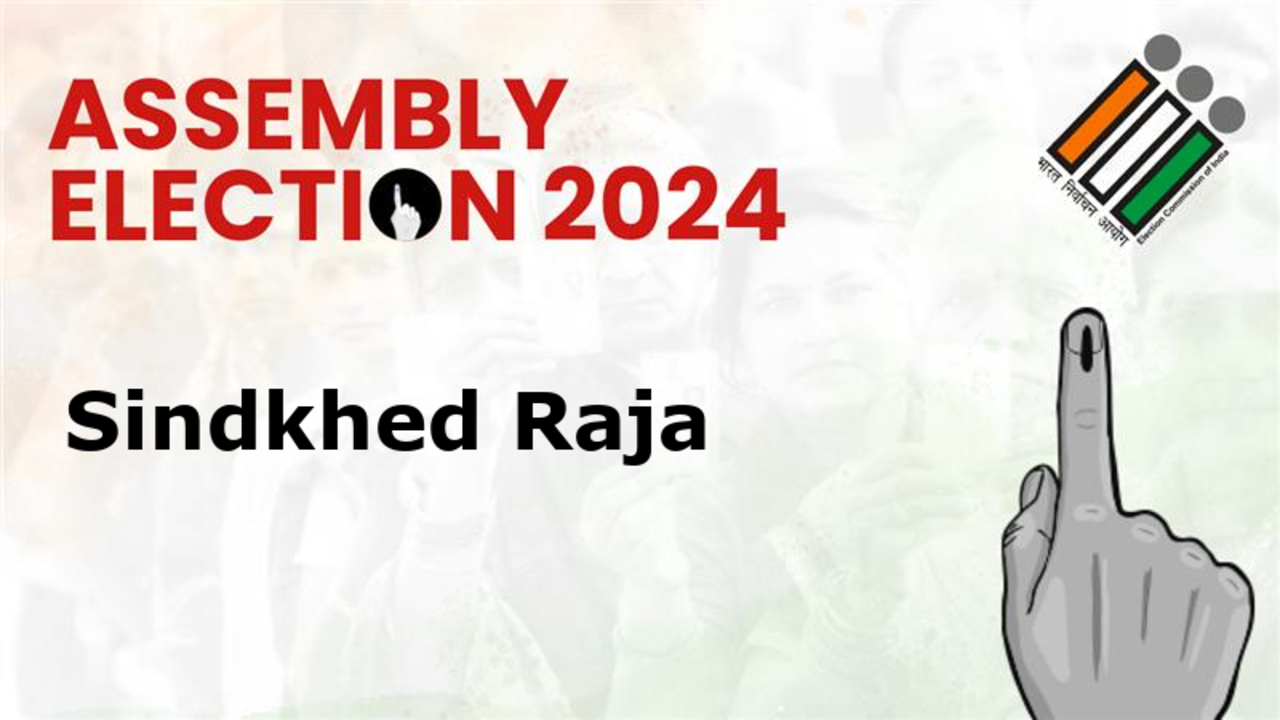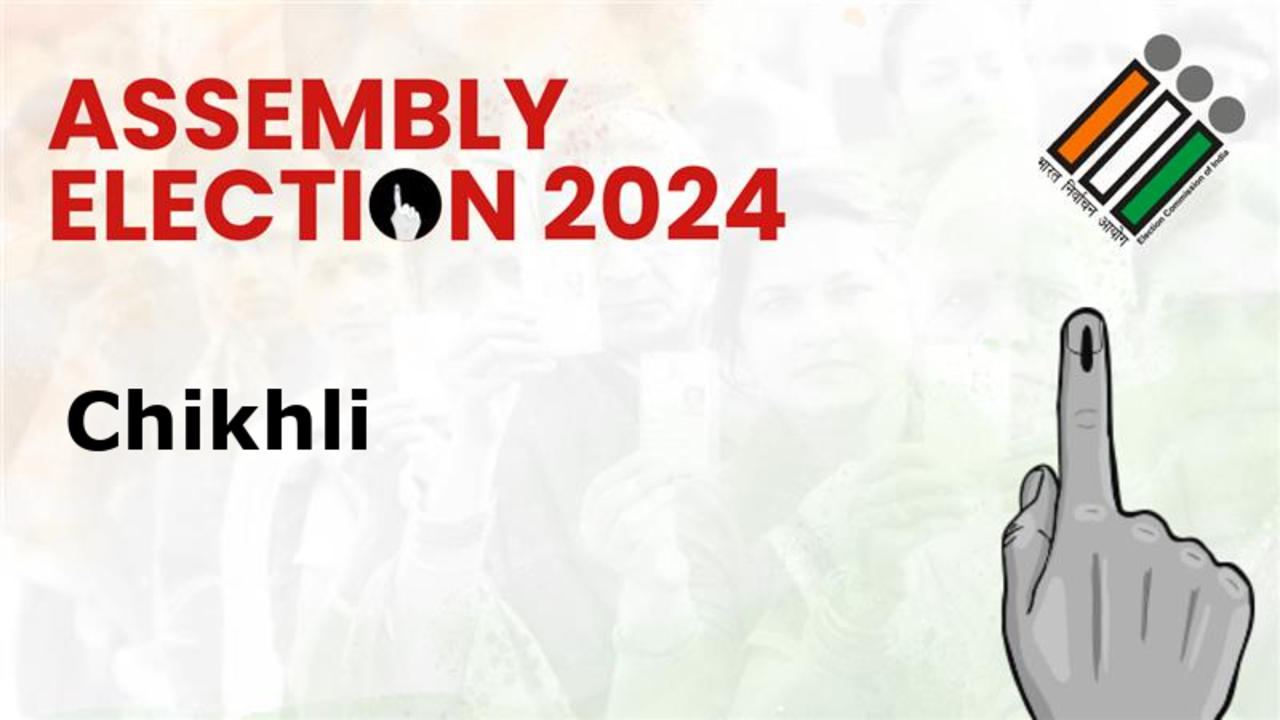
Donald Trump’s thumping victory in the election in spite of the fact that since his ouster from that office the mainstream US media has been portraying him in the most dismal colours, is a ranting testimony to the fact that the people of America now have a growing faith in his ‘America First’ narrative that challenged the two key components of capitalist democracy, namely free trade and free movement of people. His slogan ‘America First’ is premised on the notion that capitalist democracy which since the world war II has ushered an era of prosperity in the western countries and USA has run its course and the country needs a change of direction rooted in unswerving focus on promotion of US interests and having relations with other countries on quid pro quo basis. Last time immediately after assuming charge of the office of US President he pulled the country out of the Trans-Pacific Partnership which envisaged the largest free-trade area at the global level and also took decisive step to reduce the financial burden on the US for providing security in different regions of the world, particularly asking NATO countries to evenly share the financial burden of keeping alive the cold-war arrangement.
Similarly, South Korea was asked to make due contribution towards maintaining thousands of US troops on its soil,failing which it might be left to its own against its militarily much stronger North Korea. The Gulf states were also pressurized to enhance their arms purchases in return for Washington continuing to provide security umbrella to them. He spurned the WTO obligations and rendered it almost irrelevant.
He indulged in trade wars with European allies as well as China. Put curbs on immigration into the US and even built a wall on the border with Mexico. He also pulled out of the Paris Climate Agreement.
However, he did not start any war and instead pulled the US out of the Afghan war, and even when the situation pointed to an imminent attack on Iran he refused to act on the advice of his security advisor. On the diplomatic front, he practiced transactional diplomacy. If history is any guide and in the backdrop of election pledges and statements Trump has made it is not hard to infer that his second stint will not be much different from the previous one.
He has pledged to stop illegal immigration and wars as well as giving top priority to resolving the economic woes of the American people. Trade war with allies and foes including China will be revived with the same intensity where he had left them. Trump is also against idea of providing funds to the developing countries for climate change adaptation and compensation and is likely to pursue the same course which surely will not be good news for the poor countries bearing the brunt of the climate change triggered by the industrialized nations.
It is due to fear of Trump’s relapse into his US-centric trade policies that the European countries do not feel excited about his return. He might also pursue the same policy in regards to China probably with increased intensity. Stopping war in Gaza and Ukraine will indeed be a big challenge for him though he has promised to stop war in Ukraine immediately.
I think it will be very difficult for him to stop the war in Ukraine as envisaged by him. Russia will probably not agree on anything less than a credible guarantee of an end to NATO’s eastward expansion including turning down the request of Ukraine for membership of NATO. For Trump, it will be very difficult to provide that guarantee against the wishes of EU countries.
As regards the war in the Middle East, he might be able to clinch the much elusive ceasefire but like all Presidents will also justify Israel’s war crimes. There will be no material change in his stance towards Iran though he may not support the idea of war between her and Israel. India will continue to be supported as a strategic partner instead of Pakistan for her role in the ‘Contain China’ policy of the US.
A lot is being said and written about how the victory of Trump will affect Pak-US relations and whether he will put pressure on Pakistan for the release of Imran Khan or not as expected by the followers of PTI. In this regard, my hunch is that he will continue with the policy of the Biden administration for low-level interaction with her. As regards Trump putting pressure on the Pakistan government for the release of Imran Khan, it is only wishful thinking and false hope on the part of his party leaders and supporters.
Trump’s relations with Imran Khan were never personal. He wanted to pull out of Afghanistan and sought help from him as Prime Minister of Pakistan for dialogue with the Taliban. He repaid by inviting him to visit Washington and publicly praising him for his help.
But once his mission was accomplished Trump turned his back on Pakistan. State relations are not conducted the way the PTI leaders are anticipating. They should not forget that Pakistan has not released Dr.
Shakeel Afridi who helped the CIA to reach Osama Bin Laden in spite of repeated requests by the US administration. Since there are no US troops in Afghanistan and the US is occupied with wars in Gaza and Ukraine, the South Asia region and Pakistan will be low on the priority list of Donald Trump. However, it is believed by the world watchers that in view of the rise of other powers like China poised to have an increased stake in the management of global affairs Trump may not be able to enjoy a dominant role in that regard.
Malik Muhammad Ashraf The writer is a freelance columnist. He can be reached at [email protected].
.








